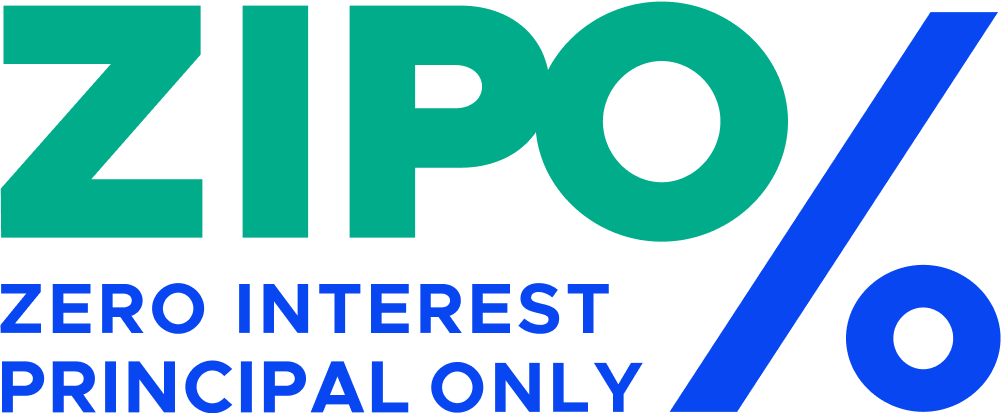NEWS
Private Loans: Choosing Between Fixed Rate vs Variable Rate
Private student loans are an option that can help you overcome the hurdle of covering the cost of your education. While federal loans have advantages such as offering more flexible repayment plans and the potential for loan forgiveness if you qualify, you may find that you need to work with a private lender if you don’t meet the requirements for obtaining one. One of the benefits of seeking a private loan is that you have more choice over the interest rate that you accept. Learning more about the differences between a fixed and variable rate loan helps you choose the right one for your situation.
What’s the Main Difference Between Fixed and Variable Rate Loans?
The easiest way to understand the difference between these types of loans is to take a look at what the interest rate does over time. With a fixed loan, you’ll start out with a specific interest rate that stays the same until you pay it off or choose to refinance. A variable rate loan has an interest rate that can change from month to month, although they tend to stay within a relatively close range the majority of the time.
What Are the Benefits and Drawbacks of Variable Rates?
One of the benefits of getting a variable rate loan is that these typically start off with a lower interest rate than you might get on a fixed plan. Since you start off with a lower rate, you can often save more money over the long run. Or, you may prefer this option if you plan to pay the loan off early before the rate increases by much. There is the drawback, however, that the rate could increase substantially and cut into your savings. Lenders use a complicated calculation to determine when and by how much the rate goes up. If you are considering this option, then learning how the lender determines the new rate can help you stay on top of potential increases. Creating a long-term repayment plan is also difficult with this option since you can’t be sure of when or if your monthly payment will increase.
When Does a Fixed Rate Student Loan Make More Sense?
Choosing a fixed-rate loan makes sense when you plan to pay your debt down slowly over time and can afford to start out with a slightly higher interest rate. The predictability of this type of loan often resonates with students who may be unsure of what their financial future holds. You can also feel more confident choosing a fixed-rate loan during times when interest rates are expected to fluctuate wildly.
Are You Stuck With a Particular Rate for the Full Loan Term?
This might be one of the biggest financial decisions that you are making at this point in your life. You want to take it seriously, but a student loan agreement doesn’t always have to last forever. Many people choose to refinance their loans once they gain a stronger financial footing. During the refinancing process, you can switch from one type of interest rate to the other, and you may even be able to get a lower rate overall.
Figuring out your best financing option for college can be far more complicated than it needs to be. Joining the movement to achieve zero interest government-issued loans for all helps you to take control over your financial future. Until we meet our goal, keep paying attention to how interest rates fluctuate over time so that you can take advantage of the low rates for decreasing the total cost of your education.
